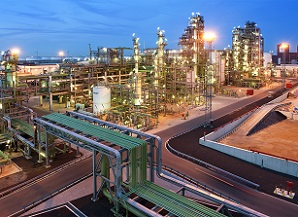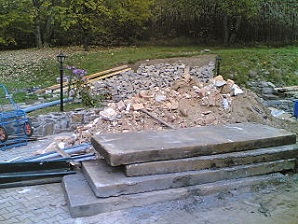Recently I attended several biobased networking events where utilization of waste and by-products was discussed. I found these interesting talks; both because my company Abstraction partners with ARN to supply a tool to register by-products, and because it surprises me that apparently the business community still believes that governmental rules and regulations inhibit the utilization of waste. Whereas, in fact, opportunities have increased significantly over the last decade as European waste legislation has improved.

Materials are approached very differently in economic and environmental legislation. Of course, these aim for different objectives and cannot be compared. In economic vocabulary, the wide variety of different types of materials that are produced in industrial and agricultural processes may be identified as by-products, co-products, intermediate products, non-core products or sub-products. But none of these terms have any meaning in European Community environmental law, i.e. products and by-products have the same status: materials are simply waste or they aren’t.
European waste legislation is in rapid development
Jurisdiction, however, provides decisive answers as to whether a material should be regarded as waste or not. Production residues are not necessarily waste, according to rulings by the European Court of Justice (ECJ). The court has specified a number of tests that apply to this issue. For instance, the ECJ noted that if the production of the material concerned was ‘the result of a technical choice’ (to deliberately produce such a material), it could not be classified as a production residue, nor as waste. The same holds true if a material can be used in further processing without any ado. And it can likewise no longer be regarded as waste if further use of the material is not merely a possibility but a certainty. Even ‘waste’ that can be shown to serve a useful purpose, can lose its waste status when it is ready for use as a recovered product.

A recent example of the application of European waste legislation is the production of propane from renewable feedstock at a newly built unit of Neste at their Rotterdam refinery. This unit will separate and purify propane from sidestream gases produced by the refinery, which, without further processing, can replace conventional propane. Another example is the End-of-Waste status of granulated material from the recycling of construction and demolition waste on the basis of technical, environmental and system requirements. Consumers of granulate include builders and producers of concrete.
No use complaining
Turning a waste material into a product is a very good option under the current legislation, but knowledge of the applicable jurisdiction is a prerequisite. It’s too easy to repeat the mantra that European waste legislation is hindering developments. You just need to understand the rules of the game and start playing by them. And sometimes I guess you have to play it hard when the competent authorities don’t want to play with you. Yes, that will cost time and effort. And in most cases an individual approach will not be successful and the preferred route is to cooperate with other parties facing the same problem. Nevertheless, in the end you will be rewarded with very useful results, and you will no longer need to discuss the waste or product dilemma.
This article was published simultaneously on Wijnand’s personal blog, http://www.biobased-opportunities.com/abstraction/Blog/Blog.html
